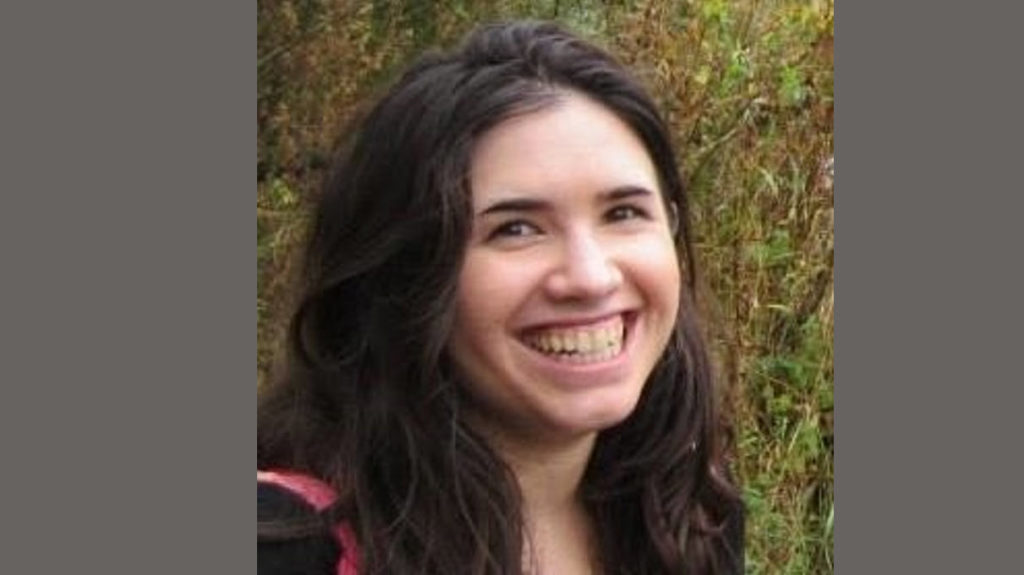
AGENT BASED MODELLING FOR PUBLIC HEALTH (ABMfPH)
SPEAKER SERIES
FEB 25 | MAR 11 | MAR 25 | APR 8 | APR 22 | MAY 6 | MAY 20 | & beyond 12:00PM-1:00PM VIRTUAL ON ZOOM
ORGANIZED BY CIFAL YORK & ABM TEAM M4PH FIELDS INSTITUTE
for recordings of the previous sessions please scroll down
Background
Agent-Based Modeling (ABM) and simulation has been used in public health for some years now. However, we have observed a major increase in development, applications, use, and contributions of ABM in public health during the COVID-19 pandemic. ABM has been widely used in modelling disease transmission at various scales (local, regional, national), and settings (i.e. public transit, mass gathering, hospitals, long term care facilities), assessment of public health measures, vaccine uptake, individuals behavior towards public health measures, public health information dissemination and propagation, public health logistics, etc. Simultaneously, hardware and software technologies that enable development and use of ABM have been advancing and thus helping the development of more detailed ABM with large agent population even more possible. Use of ABM in public health is not free of its challenges theoretical, technical, data, validity and calibration challenges.
Goals
The main goals of the ABM4PH speaker series are:
- Knowledge sharing among the ABM modeling community and public health experts;
- Learning about advances in ABM in public health;
- Exchanging best practices and lessons learned in development and use of ABM in public health during the COVID-19 era;
- Building and strengthening the ABM modeling and user networks
Target Audiences
- Mathematics for Public Health Network researchers
- Public health professionals and decision makers interested in and using ABM
- Graduate and undergraduate students
- Agent based modeling community interested in public health
Speakers

FRIDAY FEB 25 12:00PM-1:00PM (EST)
Dr. Anna Bershteyn
Assistant Professor, Department of Population Health, NYU Grossman School of Medicine

FRIDAY MAR 11 12:00PM-1:00PM (EST)
Dr. Kurt Kreuger
Researcher and Consultant in Systems Science and Health, Dallas-Fort Worth Metroplex

FRIDAY MAR 25 12:00PM-1:00PM (EST)
Dr. Nathanial Osgood
Professor, Computational Epidemiology and Public Health Informatics Lab, University of Saskatchewan

FRIDAY APR 8 12:00PM-1:00PM (EST)
Dr. Victoria Ng
Senior Scientist (infectious disease epidemiologist and mathematical modeller), Public Health Agency of Canada

FRIDAY APR 22 12:00PM-1:00PM (EST)
Dr. Elizabeth Hunter
Data Scientist, Technological University Dublin

FRIDAY MAY 6 12:00PM-1:00PM (EST)
Dr. Ellen Rafferty
Health Economist, Institute of Health Economics and an Adjunct Professor, University of Alberta

FRIDAY MAY 20 12:00PM-1:00PM (EST)
Dr. Melissa Tracy
Associate Professor, Department of Epidemiology and Biostatistics, University at Albany School of Public Health

FRIDAY JUNE 3 12:00PM-1:00PM (EST)
G. Wade McDonald, Ph.D. Candidate
Computational Epidemiology and Public Health Informatics Lab (CEPHIL), Department of Computer Science, University of Saskatchewan Saskatoon, SK, Canada
Organizers

CIFAL York is part of UNITAR's global network of training centres for knowledge-sharing, training, and capacity-building for public and private leaders, local authorities, and civil society. CIFAL Centres are local and regional hubs for innovative, participatory and co-creative knowledge exchange opportunities to support decision-making processes, build capacity, and accelerate the implementation of Sustainable Development Goals. Established in 2020, CIFAL York started its operation in June 2021 as the first CIFAL Centre in Canada. Health and Development training and knowledge sharing is among the key focusing areas of CIFAL York.
For more information or questions please contact: cifaldirector@yorku.ca

The “Robust agent-based and network models” project is one of the 12 projects of Mathematics for Public Health program. The Mathematics for Public Health (MfPH) program is a program to develop a national network of infectious disease modellers and public health policy makers that can rapidly respond to public health emergencies. The MfPH initiative is a pan-Canadian, Emerging Infectious Disease Modelling (EIDM) multi-disciplinary network that applies advanced mathematical techniques to help achieve public health objectives. Robust ABM & NID Models will build on the foundations of IDM by developing agent-based and network models. The goal is to develop, expand and refine the agent-based modeling framework, leading to families of models that depart from rigid assumptions like a well-mixed population as adopted in ODE models.
Recording of Sessions
Session 1
Speaker: Dr. Anna Bershteyn
Assistant Professor of Population Health, New York University, Grossman School of Medicine
FRIDAY FEBRUARY 25 2022
12:00 PM –1:00 PM EST
Session 2
In the wild: A case study of an embedded ABM and hybrid modelling team during the COVID-19 pandemic
Speaker: Dr. L. Kurt Kreuger
CEO of Kreuger Consulting
FRIDAY MARCH 11 2022
12:00 PM –1:00 PM EST
Session 3
Luxury or Necessity? The value & limits of microcontact data in characterizing communicable disease transmission
Speaker: Dr. Nathanial Osgood
Professor, Computational Epidemiology and Public Health Informatics Lab, University of Saskatchewan
FRIDAY MARCH 25 20222
12:00PM-1:00PM
Session 4
Speaker: Dr. Victoria Ng, Infectious Disease Epidemiologist, Senior Scientist at the Public Health Agency of Canada
FRIDAY APRIL 8 2022
12:00 PM –1:00 PM EST
Session 5
Scaling an Agent-Based Model for Infectious Disease Spread in Ireland
Speaker: Dr. Elizabeth Hunter, Data Scientist, Technological University Dublin
FRIDAY APRIL 22 2022
12:00PM-1:00PM
Session 6
Speaker: Dr. Ellen Rafferty, Health Economist, Institute of Health Economics and an Adjunct Professor, University of Alberta
FRIDAY MAY 6, 2022
12:00 PM –1:00 PM EDT
Session 7
Applying agent-based modeling to the study of violence and trauma: Challenges and opportunities
Speaker: Dr. Melissa Tracy, Associate Professor of Epidemiology, Department of Epidemiology & Biostatistics
University at Albany School of Public Health, State University of New York at the Public Health Agency of
FRIDAY MAY 20, 2022
12:00 PM –1:00 PM EST
Session 8
An Overview of Agent-Based Simulation Modeling with Examples
Speaker: G. Wade McDonald, M.Sc., Ph.D. Student, Computational Epidemiology and Public Health Informatics Lab (CEPHIL), Department of Computer Science, University of Saskatchewan
Date & Time: FRIDAY JUNE 3, 2022, 12:00PM-1:00PM
